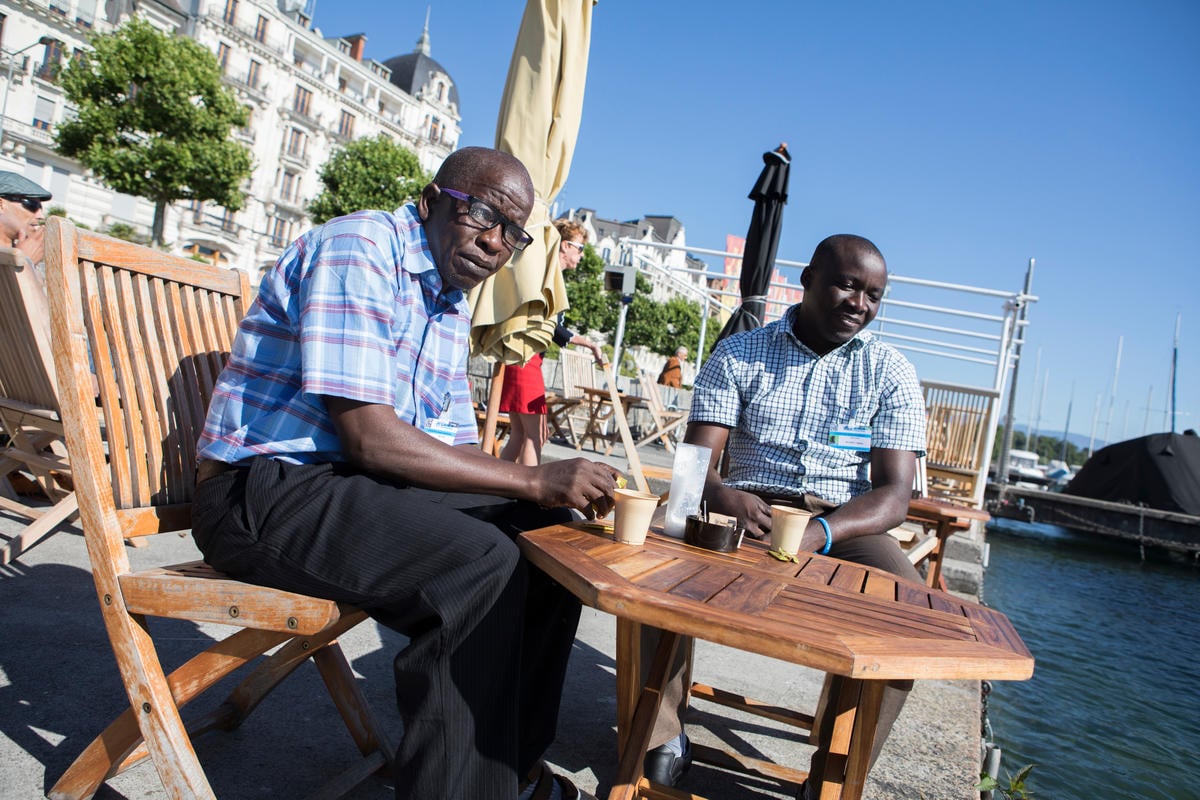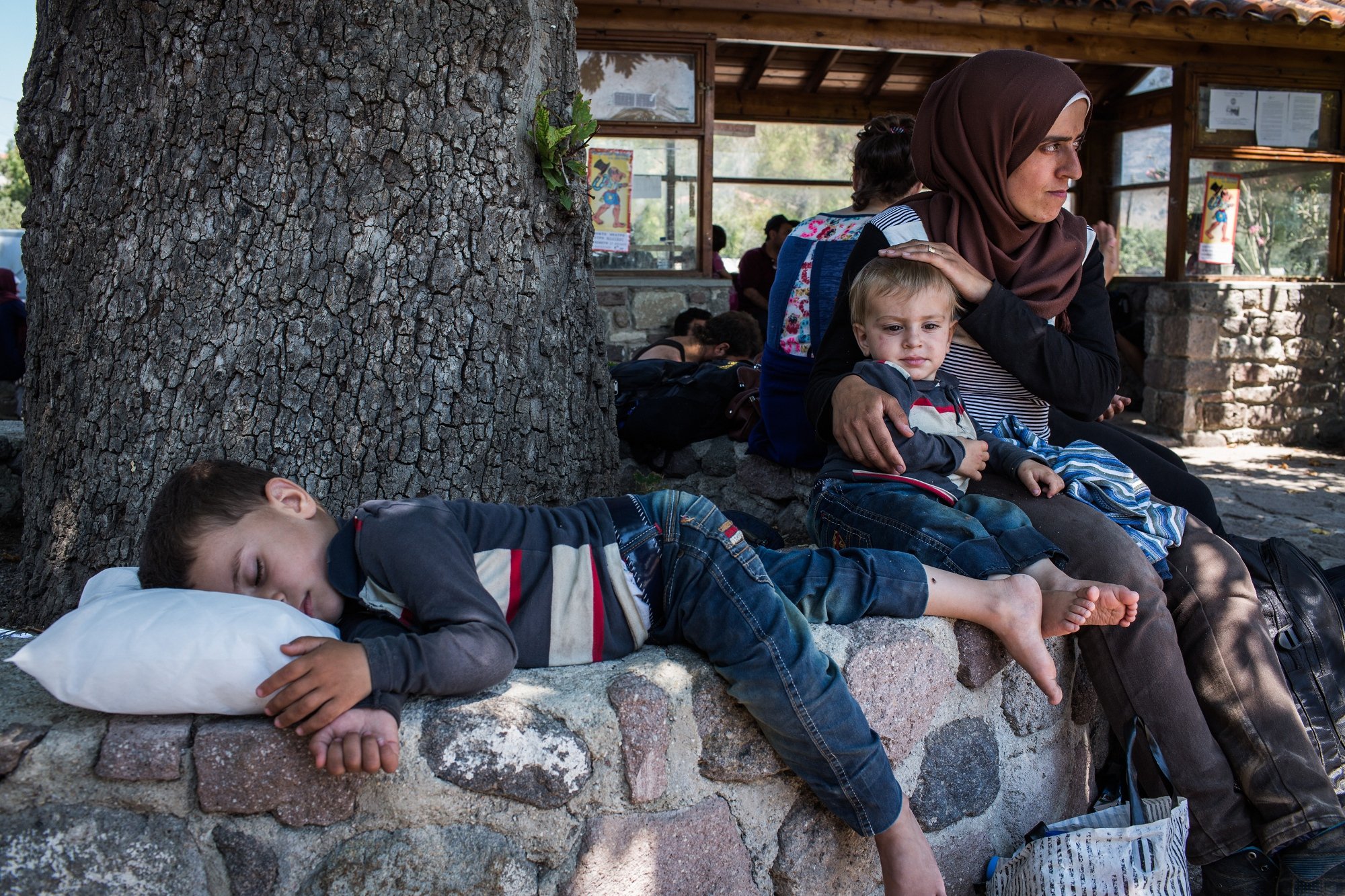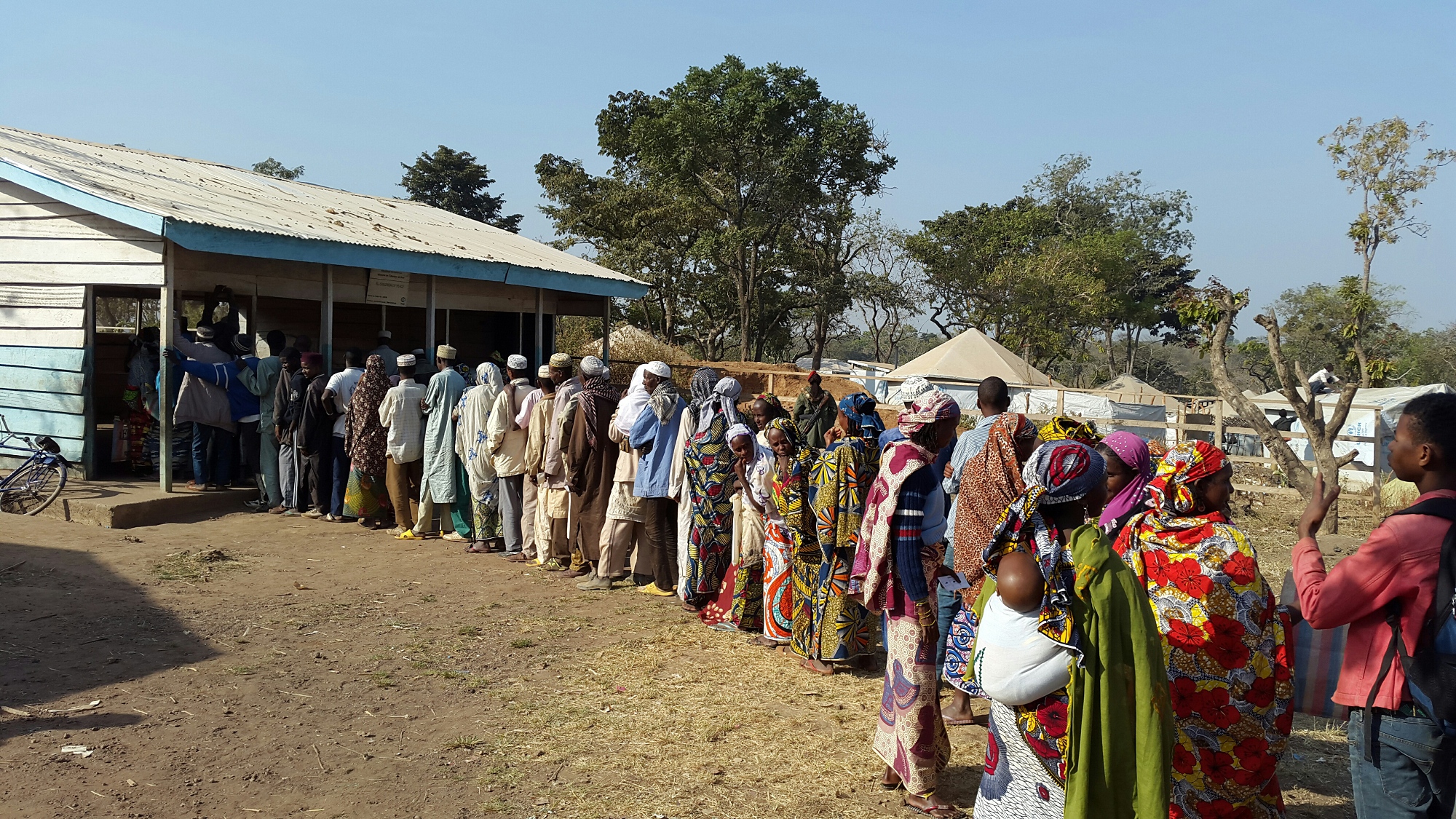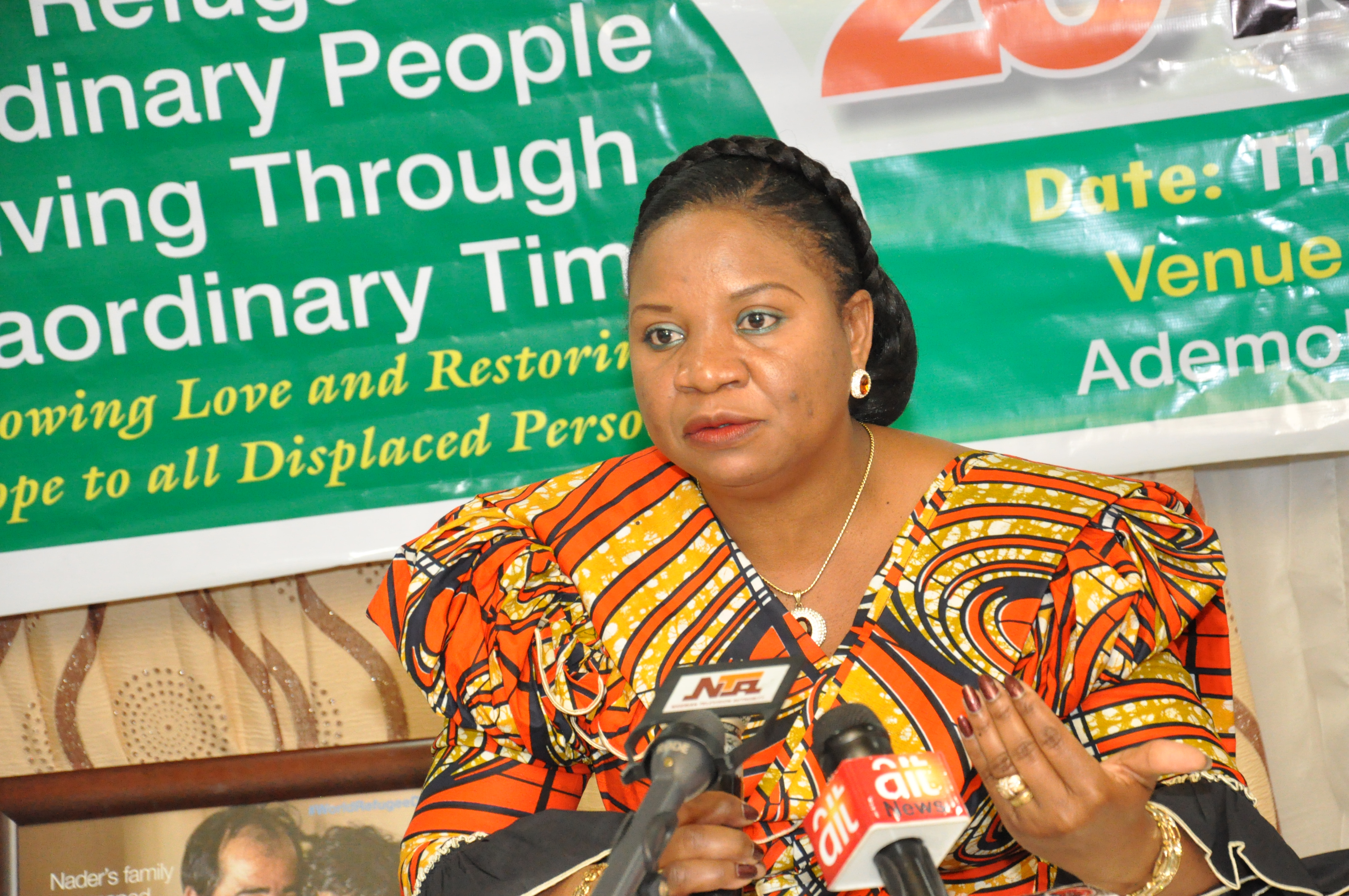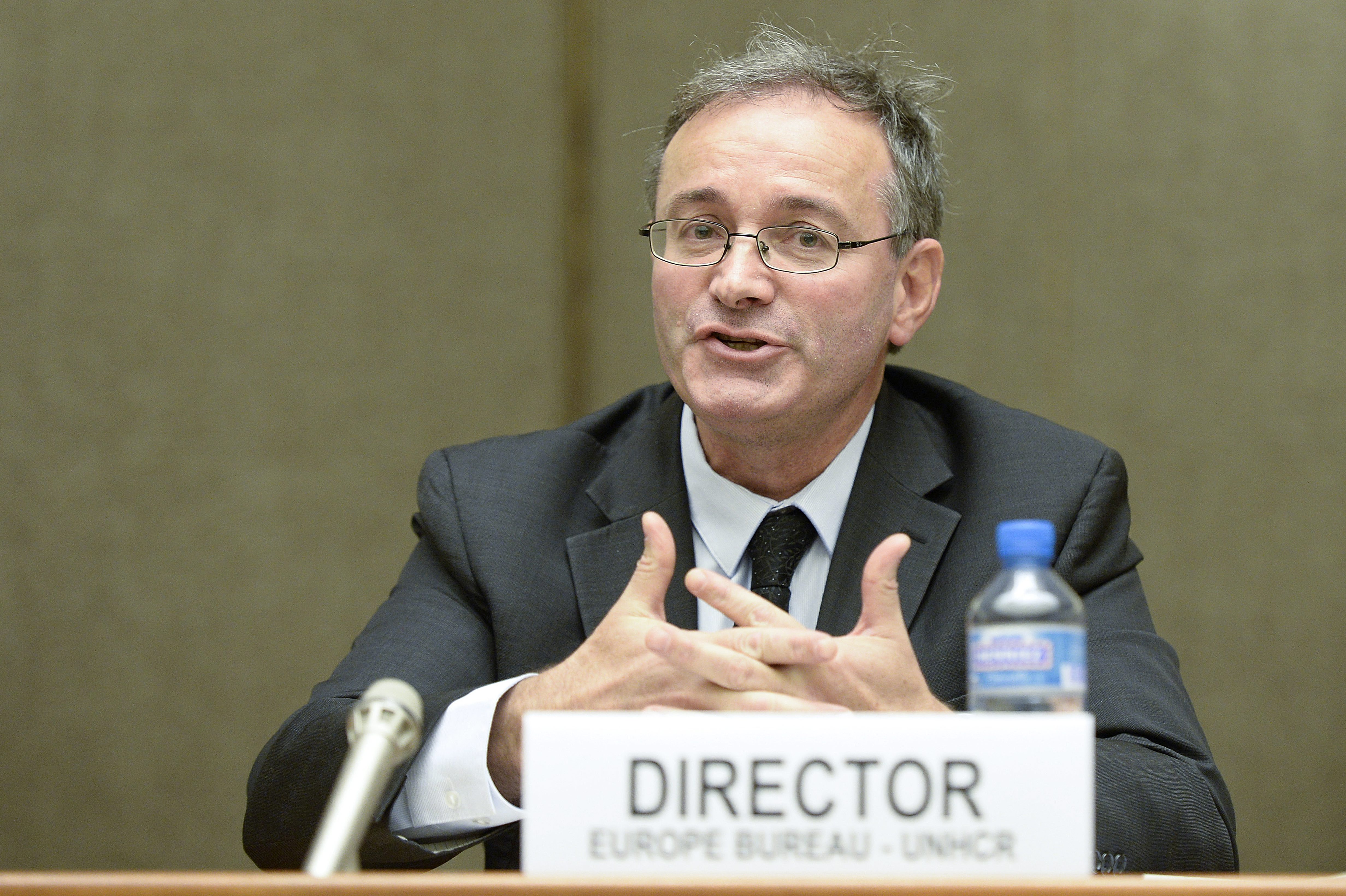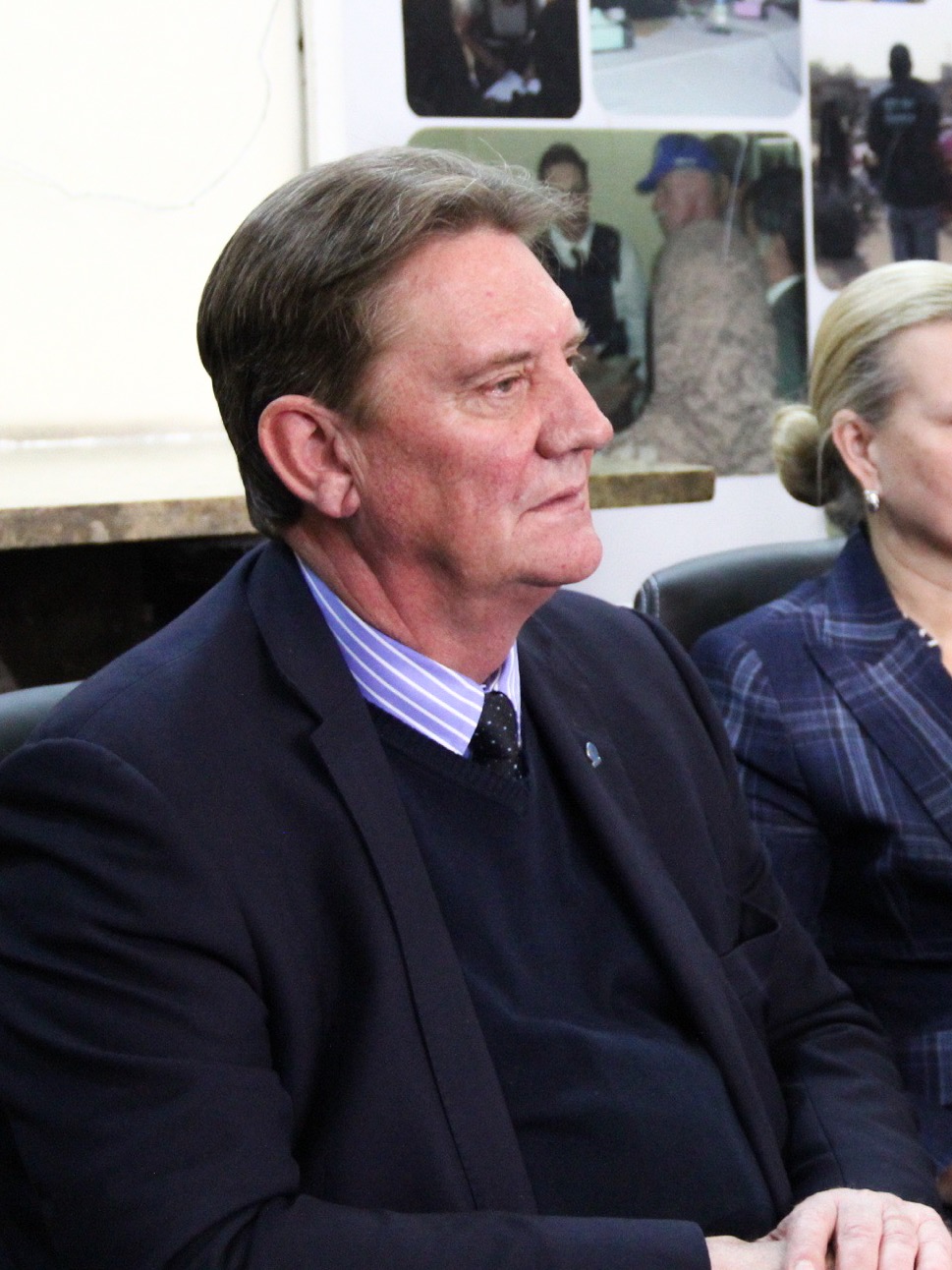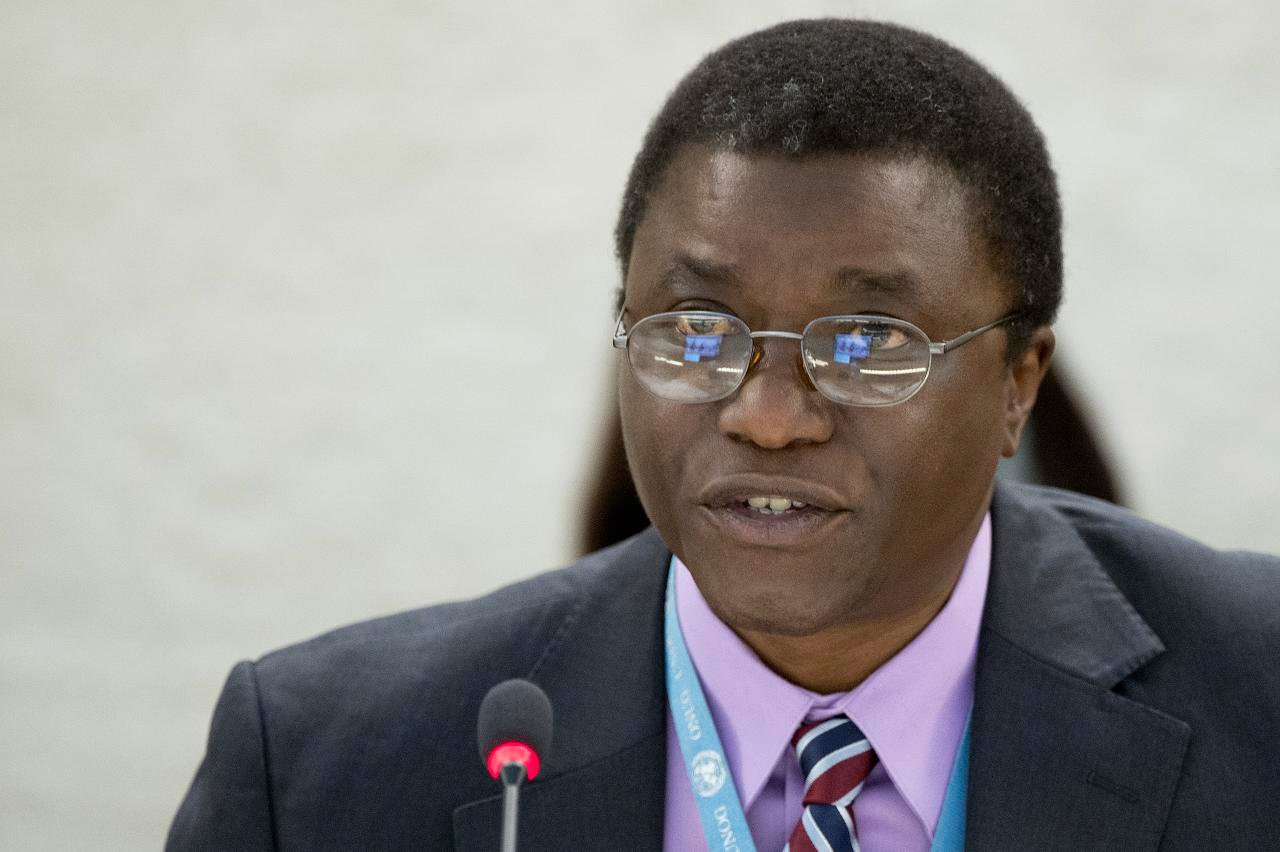Q&A: A Vietnamese Catholic's journey from boat person to bishop
Q&A: A Vietnamese Catholic's journey from boat person to bishop

TORONTO, Canada, March 12 (UNHCR) - In January this year, 43-year-old Vincent Nguyen was ordained as Canada's youngest Roman Catholic bishop and the first of Asian descent. Twenty-seven years earlier, as he stepped onto his uncle's wooden fishing boat on the coast of southern Vietnam, he never imagined he would end up as a leading religious figure in a cosmopolitan city on the other side of the world. He was born and brought up in the Central Highlands town of Ban Me Thuot, which was the scene of a decisive communist North Vietnamese victory in 1975. Bishop Nguyen, whose great-great grandfather was martyred for his Catholic faith in the 19th Century, decided to flee the country by sea in 1983 so that he would be free to worship. A Japanese freighter picked up his uncle's boat seven days into the trip and took the 20 passengers to Japan, where the young Nguyen spent a year in a refugee camp before being resettled in Toronto. He studied for a degree in electrical engineering before becoming a priest in 1998. The new auxiliary bishop in the Archdiocese of Toronto will represent hundreds of thousands of Canadian Roman Catholics who have immigrated from Asia, Africa and Latin America. Bishop Nguyen reflected on his experience as a refugee in an exchange of e-mails with UNHCR Public Information Assistant Gisèle Nyembwe. Excerpts:
You left Vietnam by boat in 1983. What sticks in your mind from the risky voyage?
Being rescued from a small wooden boat on the ocean is an indescribable experience that I can never forget. We risked our lives on this journey without the certainty that we would make it. We were aware that many people perished during similar journeys . . . We risked our lives in order to find freedom elsewhere. Being rescued also meant that we could start hoping to see our dreams fulfilled. With these feelings and thoughts in my mind, I boarded the [rescue] ship with a great sense of gratitude to those who saved us. Above all, I was grateful to God who carried us through this journey . . . After we boarded the ship, we sang a hymn of thanksgiving. All of us, bar one, were Catholics. I can never forget that moment.
You recently had a big reunion with all your siblings. How did that feel?
When I left Viet Nam, I never thought I would see my family again. The situation in Viet Nam changed with time and I had opportunities to go back and visit them many times. However, the reunion with my entire family at my recent episcopal ordination [in Toronto on January 13] was the first since 1983. I was overwhelmed with joy. In fact, I cried when . . . I started the process of helping them obtain visas to visit Canada.
Today, you are an inspiration for many refugee children. What inspired you as a child?
As a child in a refugee camp, I did not have many responsibilities aside from learning Japanese. I simply enjoyed the freedom and observed others around me doing the same. Later on, I was blessed to be placed at a refugee camp run by the [Canada-based] Sisters of St. Vincent de Paul. Among their many good works, these nuns cared for the poor and disabled. After hours of language study, I accompanied them on their visits and assisted them with their work. It gave me a great sense of service, practising the command of loving others. It was a way for me to give back some of what I had been receiving from others.
Did you have any problems integrating after arriving in Canada?
One of my biggest problems was the English language. At the beginning, it was quite a struggle. I had to take ESL [English as a Second Language] classes in the summer holidays in addition to regular classes during the school year. My progress was very slow. It was not easy. Learning a new language takes time and even though I have been in this country for years, I am still learning.
Has your experience as a refugee had any effect on your religious career?
As a refugee child, I experienced and learned from the goodness of people who cared for those [forcibly] displaced from their homes and countries. This experience in some ways strengthens my belief and trust in God.
What do you think when you read negative stories about refugees?
Surely, there are negative stories and experiences out there. However, should we stop doing good simply because of those stories? We can take measures to ensure that our works effectively and fruitfully help those in need. We should not, however, be discouraged because things do not turn out exactly the way we want. We never know what the fruits of our kindness and good works may be - we might be surprised someday.
Meanwhile, thank you for providing this opportunity for me to say thanks to all the people who helped me and many others when we were refugees. Three years ago, I visited my cousin in Switzerland and passed by the UNHCR head office in Geneva. I asked my cousin to stop so that I could have my picture taken in front of the entrance. The picture was lost when my computer crashed not long after. That, however, shows I remember you all and I am deeply grateful for your efforts in helping me. May God continue to bless you and keep you all in his love.

